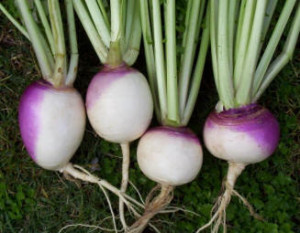My friend Lydia Puhak, coach and creator of The Sensitive Idealist, recently interviewed me as part of her series on Self-Care. You can listen to our sweet conversation here.
Funny how sometimes the most important lessons we learn are the quiet, gradual processes that unfold out of necessity.
That would be the case with me and my learning about self-care.
Back in late 2010, I burst on to the scene with my "5 Principles of Self-Care for Caring Professionals". I wrote a blog post, hosted a series of calls, then turned the material into an online course.
And then I left it at that.
I got "busy" with the work of living these principles in my own life. I came face-to-face with my own version of workaholism, and started on the path of recovery. I unplugged from the computer and went outside. A lot.
I got back in touch with a slower way of doing things - growing a garden, cooking meals instead of heating up trays of food, forming more real relationships in the real world.
The biggest (and smallest) change I've remained committed to during this entire almost-three-year period is how I start my day.
Before 2010, I was a slave to my Blackberry, not because I was working such an "important" job that I needed to be available at all times, but out of habit. A habit that developed initially out of a need to feel important, and that continued because I never considered other options.
I began each day by waking up to the alarm on my Blackberry, and immediately checking my email.
I experienced a slight deflation in my chest if there were no new messages. I quickly found out that I could fix that by subscribing to more newsletters.
I felt a rush of adrenaline when there was evidence of "things to do" - meaning, when I got email messages that required me to respond.
My whole life was a series of transactions. My motivation for getting out of bed in the morning was my list of "to do"s.
I was very skilled at this game, so I never ran out of things to do. My mind always found a way to create more.
What was missing in this way of life was a felt sense of enough.
When your feeling of importance comes from what other people ask you to do, or how busy you are on a given day, there is no endpoint to the doing. More is always better, because more to do equals more feelings of worthiness.
Until the "to do" list goes away.
Or when your ability to do goes away.
So, as you might imagine from a benevolent Universe, I was given the gift of not being able to do any more.
My body reached its limit.
I was not hospitalized or injured, but I was in pain. Immobilizing physical pain that definitely did not match my vision of "living my dream".
I met many teachers from that moment on. Teachers who encouraged me to speak the truth of my heart in front of strangers. Teachers who showed me a whole repertoire of sounds that I had never made before. Teachers who had broken the prison bars of their own minds, and freed themselves from deep-rooted childhood beliefs. Teachers who pointed me to the wisdom of my own inner authority above anyone else's teaching. Teachers who taught me how to sit and stand and sleep in ways that preserve the natural anatomy of the spine. Teachers who embody grace and loving kindness in the practice of their art. And the teachers in every moment of everyday life.
But the linchpin - the common thread, the consistent practice - throughout all of this learning has been paying attention to how I start my day.
[singlepic id=490 w=320 h=240 float=center]
I no longer read my email in the morning. I no longer consult a list of things to do.
I wake up and I give thanks. Either silently or out loud, I open my eyes and give thanks for this day.
I then dedicate at least one full hour to my breath and body. Either on the beach or in my home studio, I visit the place within me from which all is created. I breathe and move consciously. I feel my breath move through my body. I treat my body with kindness and gentleness. I use this space and time to listen carefully.
And I sit. I sit with whatever arises on a given day. Sometimes I notice my mind is very active, wanting to insert thoughts throughout my practice. Sometimes I notice that I can descend into the waves of feeling, watching my breath make its subtle patterns throughout my body. Other times I am simply grateful for the practice, and nothing more "significant" occurs.
When I feel rushed or somehow skip this practice, I notice. I feel heavier, more burdened, plagued by a sense that I am not doing enough, or that there is not enough of something happening in my life. My mind gets snagged in a knot of insufficiencies, buried in thoughts that I need to fix or do or say or be more.
This practice is quiet and generally unnoticed by anyone but me. It is not something I teach to others, not something I have packaged into a product.
And it is my core. It is my way of touching the place from which all of life arises. Call it self-care, call it meditation, call it yoga, call it space.
Call it nothing at all, but know that when you find your core, you will want it as your constant companion, your reminder of what's true and real, your own place that no one can see or hear or feel but you.
And that is enough.
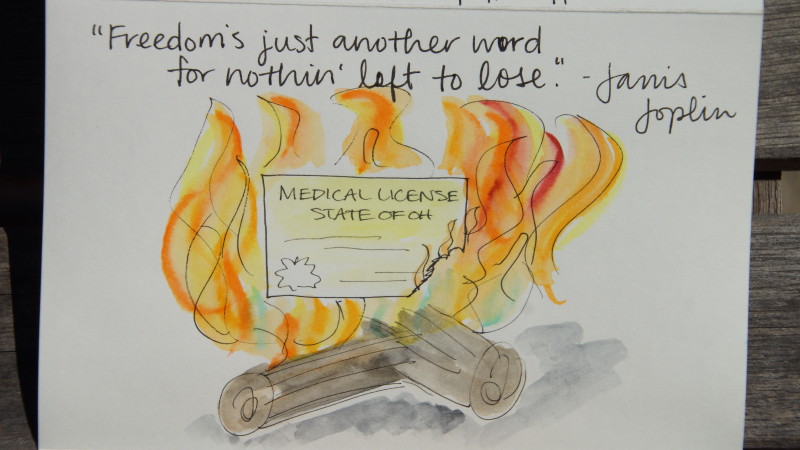
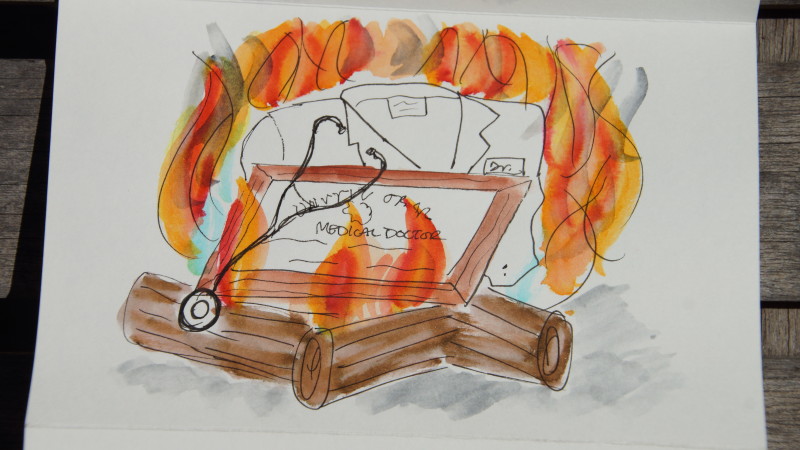 I recently returned from a week-long stay in Keystone, Colorado. I was there with a small group of physicians gathered to restore their voice to the practice of medicine.
I recently returned from a week-long stay in Keystone, Colorado. I was there with a small group of physicians gathered to restore their voice to the practice of medicine.
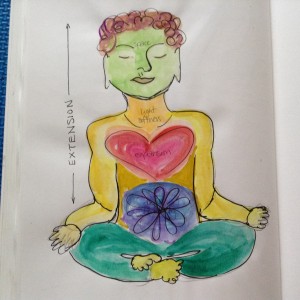 A few weeks ago, on August 20, I read the news that BKS Iyengar, the renowned Indian yoga teacher and founder of the Iyengar Yoga tradition, had died at age 95. Immediately I was brought back to the many memories I have as a result of his teachings. My first California yoga teachers were trained in the Iyengar tradition. In their classes I was exposed for the first time to silent meditation and chanting. I remember as a student just managing to tolerate these first few minutes of ritual as I waited for "the real yoga class" to begin. What could these Sanskrit sounds possibly have to do with my physical strength, flexibility, and fitness, which is why I did yoga (or so I thought)?
A few weeks ago, on August 20, I read the news that BKS Iyengar, the renowned Indian yoga teacher and founder of the Iyengar Yoga tradition, had died at age 95. Immediately I was brought back to the many memories I have as a result of his teachings. My first California yoga teachers were trained in the Iyengar tradition. In their classes I was exposed for the first time to silent meditation and chanting. I remember as a student just managing to tolerate these first few minutes of ritual as I waited for "the real yoga class" to begin. What could these Sanskrit sounds possibly have to do with my physical strength, flexibility, and fitness, which is why I did yoga (or so I thought)?
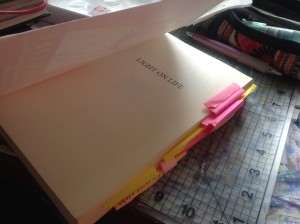 As soon as I read the news, I went to my bookshelf and pulled off my well-worn copy of Iyengar's book, Light on Life. Nearly every page is marked and notated, evidence of the way I used to read as if every book were homework that I would have to write a paper on someday.
As soon as I read the news, I went to my bookshelf and pulled off my well-worn copy of Iyengar's book, Light on Life. Nearly every page is marked and notated, evidence of the way I used to read as if every book were homework that I would have to write a paper on someday.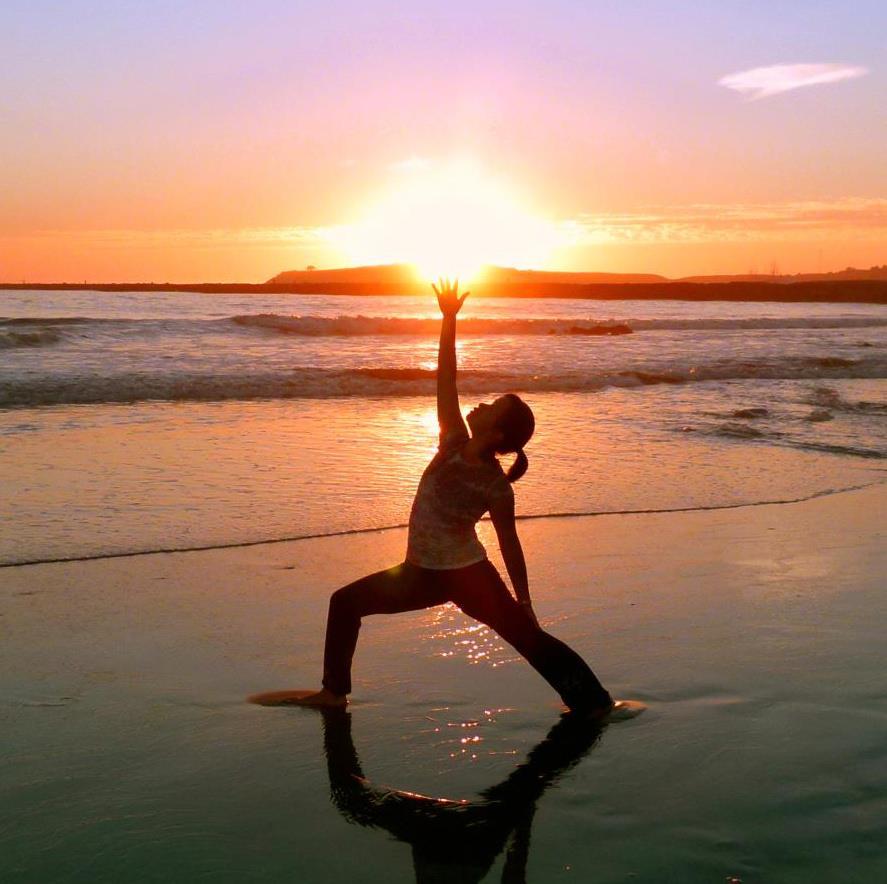 The Native American tradition speaks of each person's Original Medicine - that set of gifts that only you can offer the world with your particular life. I've always felt there was such a finality to the phrase "Original Medicine" - like I had to define the one thing I was here to do, or it would be lost forever.
The Native American tradition speaks of each person's Original Medicine - that set of gifts that only you can offer the world with your particular life. I've always felt there was such a finality to the phrase "Original Medicine" - like I had to define the one thing I was here to do, or it would be lost forever.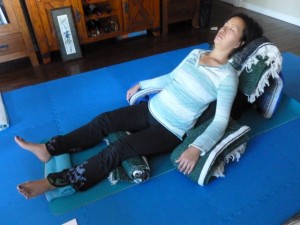 While my body floats in the feeling of being totally supported, my mind rests. It cannot feel fear in this moment of rest. And each moment I spend here, I train in courage. I look fear in the face - the fear that whispers a "To Do" list in my ear - and I do nothing anyway.
While my body floats in the feeling of being totally supported, my mind rests. It cannot feel fear in this moment of rest. And each moment I spend here, I train in courage. I look fear in the face - the fear that whispers a "To Do" list in my ear - and I do nothing anyway.